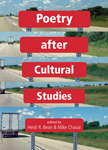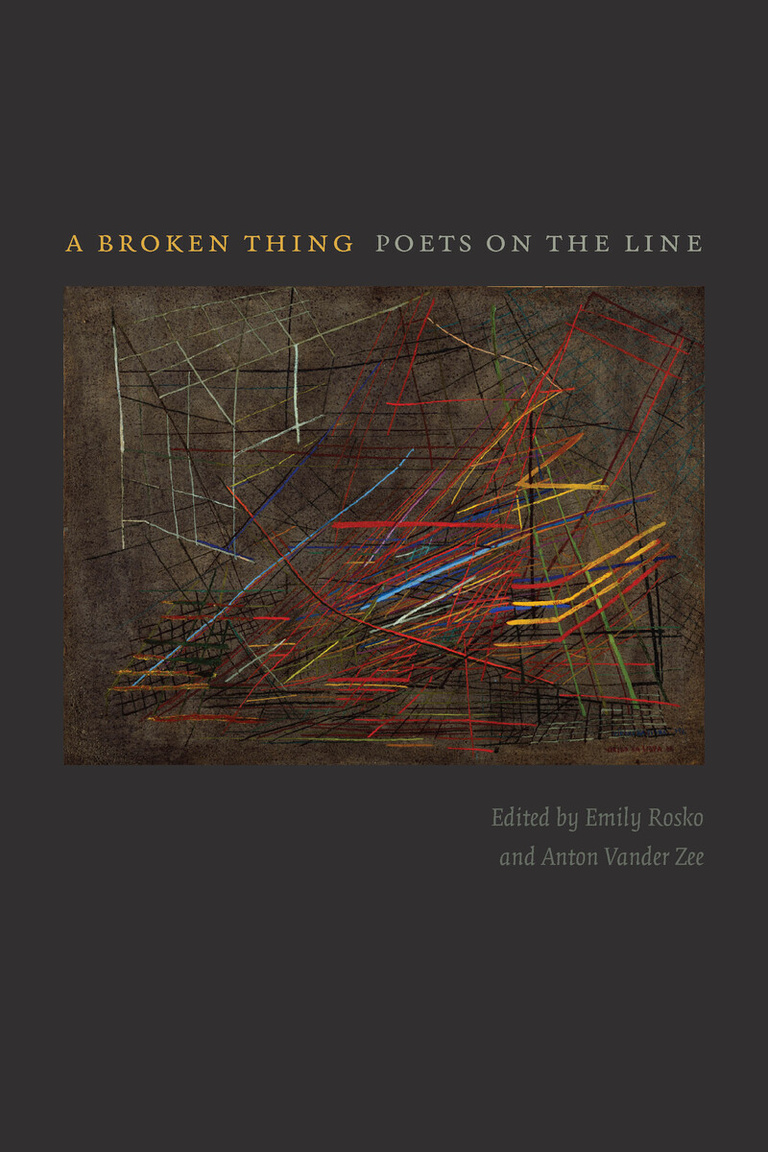Poetry after Cultural Studies elucidates the potential of poetry scholarship when joined with cultural studies. In eight searching essays covering an astonishing range of poetic practices, geographical regions, and methodological approaches, this volume reflects on what poetry can accomplish in the broadest social and cultural contexts. From Depression-era Iowa to the postcolonial landscape of French-speaking Martinique, whether appearing in newspapers, correspondences, birders’ field guides, cross-stitches, or television and the internet, the poetry under consideration here is rarely a private, lyrical endeavor. For a great number of people writing, reading, publishing, and using poetry over the past 150 years, verse has not been a retreat from modern life, but a way of engaging with, and even changing, it.
Whether the subject is postcards, talk shows, or verse from places as different as academia and MySpace, as cultural production and as literary trickery, the material examined in this volume demonstrates the central role of poetry as an active cultural presence. By bringing together cultural studies, poetics, and formalist reading without antagonism, Poetry after Cultural Studies looks toward a poetry criticism that does not merely “do” cultural studies but, rather, employs the resources of that discipline to examine an increasingly legible and audible record of poetic practice.
Exploring a wide range of poetry from the nineteenth century to the present, Poetry after Cultural Studies showcases the unexpectedly rich intersection of cultural studies theory and current poetry scholarship. These essays show forcefully that cultural studies and poetics—once thought incommensurable—in fact are mutually informative and richer for the effort.
Edward Brunner on James Norman Hall
Alan Ramón Clinton on Sylvia Plath
Maria Damon on the pleasures of mourning
Margaret A. Loose on Chartism
Cary Nelson on postcards of WWI
Carrie Noland on Édouard Glissant
Angela Sorby on birding in America
Barrett Watten on poetry, music, and political culture



